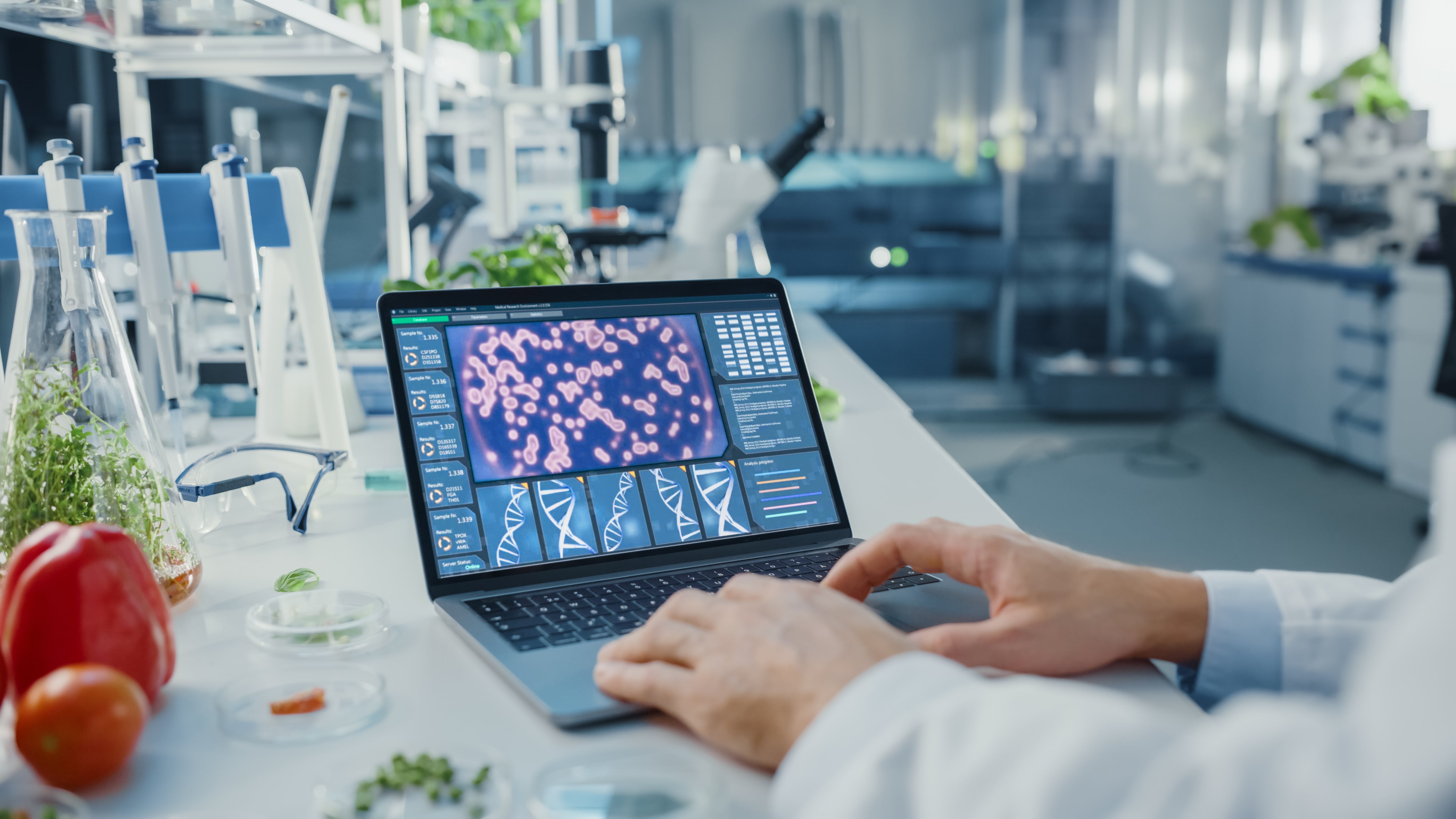Will Synthetic Biology Doom the World's Small Farmers?
Is any technology good or bad? I would argue that it depends on the application of each technology (i.e. nuclear bombs vs. atomic energy), as each specific use shifts the risk/reward profile. While acknowledging that no technology is risk-free, we must also acknowledge that even those deployed with good intentions and supported by a favorable risk/reward profile can have negative consequences. Benign applications of synthetic biology are no different.
For instance, industrial biotechnology platforms powered by synthetic biology that produce commercial volumes of various food ingredients, fragrances, and other important compounds could squeeze more traditional agricultural production methods out of the market. Replacing older, more inefficient technology isn't a bad thing -- that's how technological progress is supposed to work (after all, agriculture was a technological innovation from our distant ancestors).
However, the consequences of supplanting less-efficient technology is problematic for the small farmers cultivating and harvesting these niche products, especially considering most live in low- or middle-income countries with climates that are well-suited for production (the annual letter from the Bill & Melinda Gates Foundation declared that terms such as "developing countries" or "impoverished countries" are no longer useful). Their livelihoods depend on the ability to grow crops such as vanilla beans (vanillin, Evolva), sweet wormwood (artemisinin, Amyris), and saffron crocus (saffron, Evolva). Our ability to transfer metabolic pathways from plants to microbes and decentralize production independent of previously important factors such as climate alters the game significantly. Will synthetic biology doom the world's small niche farmers?
I thought I could cover this issue with a single blog post, but after completing over eight hours of research I discovered that wasn't possible and certainly wouldn't do each specific case justice. No single technology can be evaluated with a simple black and white analysis -- and niche agriculture and synthetic biology are no different.
Doom, gloom, and those pesky statistics
For instance, I discovered that farmers often grow sweet wormwood in addition to other agricultural crops. Would taking away the profitability of a former cash crop really doom these farmers if they simply replaced the lost acreage with food (which is more valuable than sweet wormwood on an acreage basis in many cases)?
I found similar realities for vanilla bean farmers, in addition to the fact that yields vary wildly across the globe. Yields in China are more than four times those in Indonesia, which are nearly five times those in Madagascar. Would the most efficient producers really be driven out of the market?
While I tend to agree that agricultural production of these niche products and ingredients will succumb to next-generation production platforms such as synthetic biology -- but also including thermochemical (enzymes plus waste CO2) and photochemical technologies -- we also have to consider that global markets will be expanded because of them. After all, most niche products are called "niche" in the first place because of supply constraints, not demand constraints. Is it possible to expand production while farmers make a gradual transition to different crops, thereby limiting the disruption of livelihoods?
I'll be exploring these topics with specific examples from Amyris and Sanofi (semi-synthetic artemisinin) and Evolva (vanillin) in addition to others in an upcoming series here on the blog. If anyone would like to offer a story lead, an interview, or useful statistics, then please contact me at maxx.chatsko@synbiobeta.com.




.svg)









-min.png)

.gif)